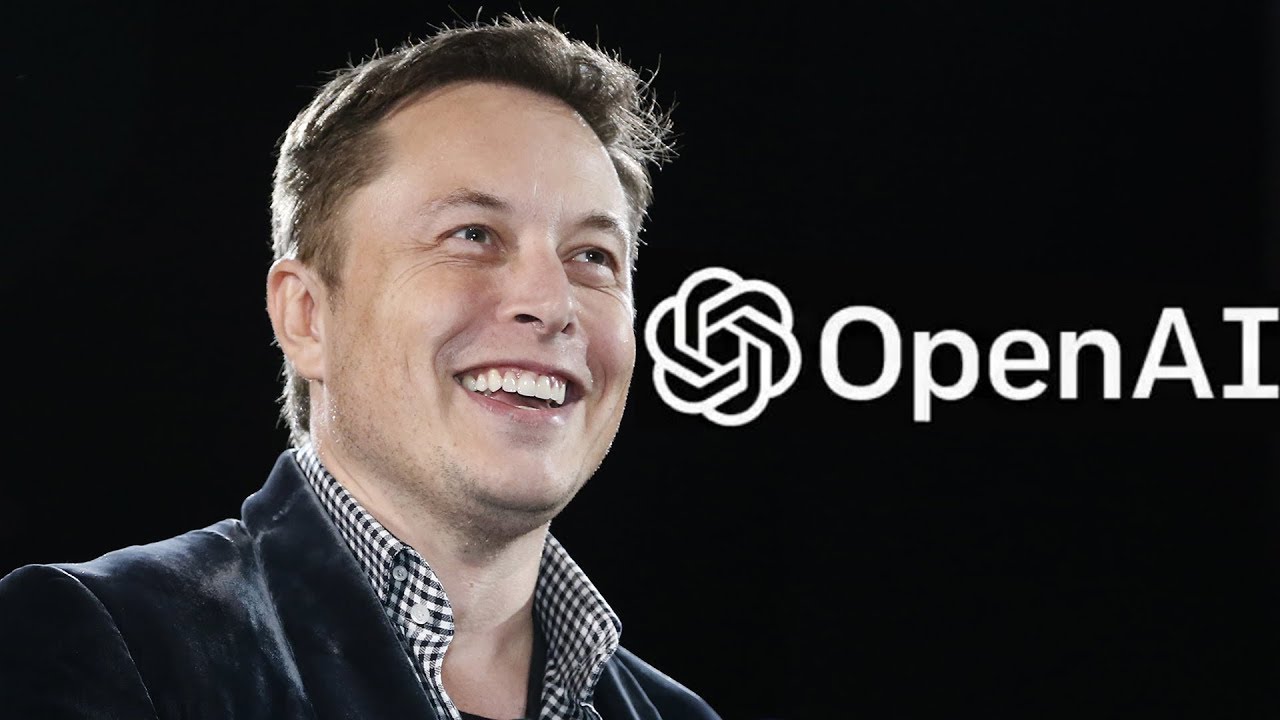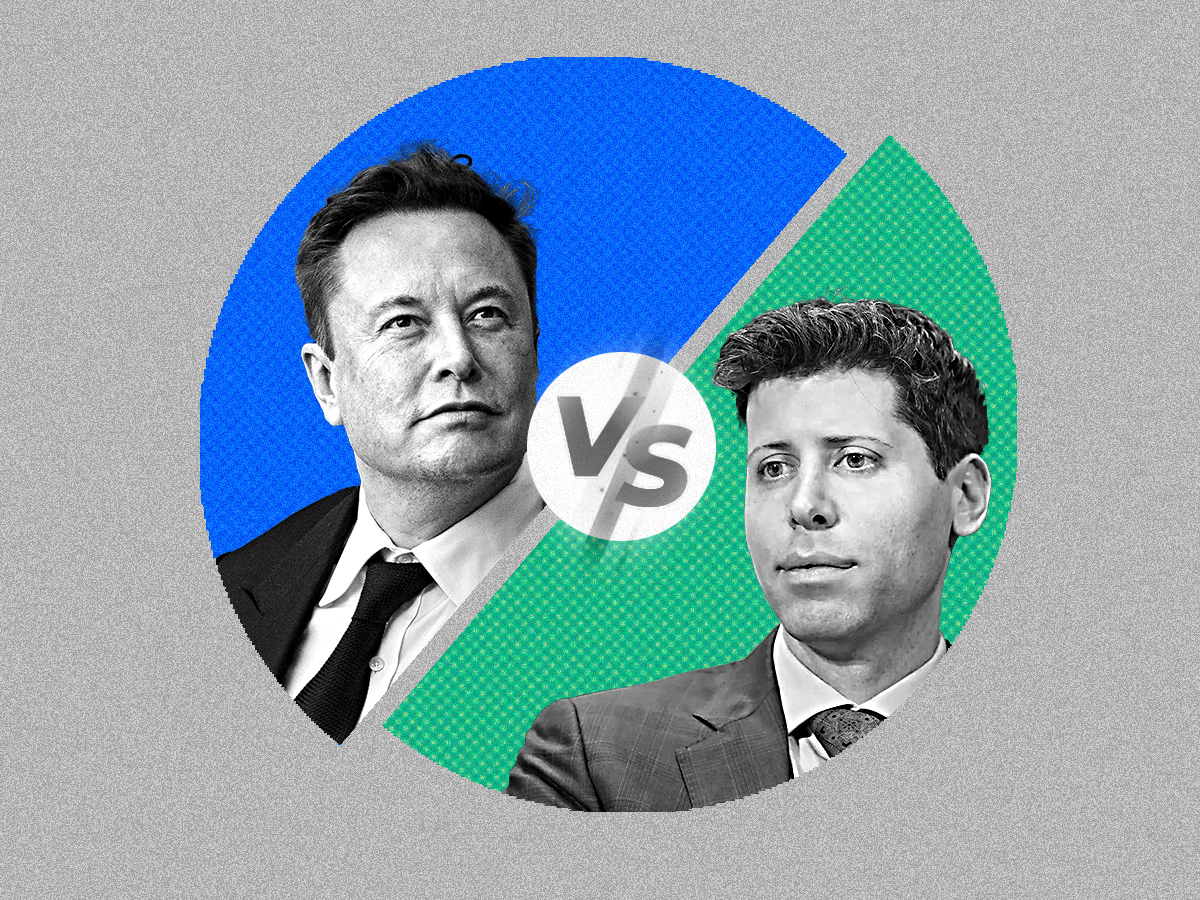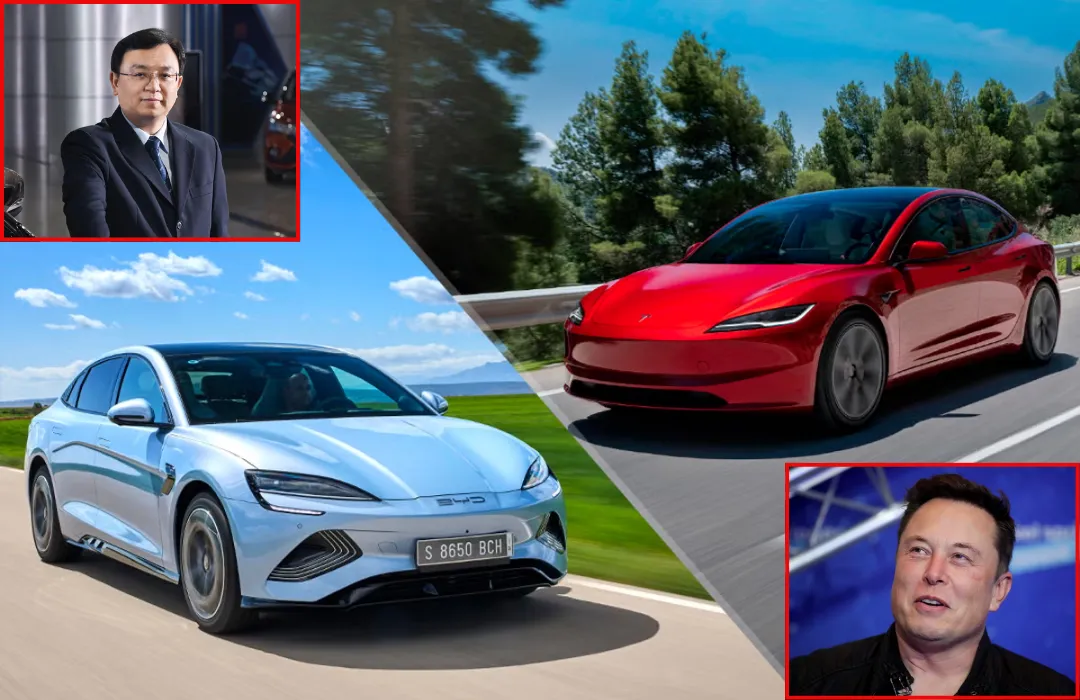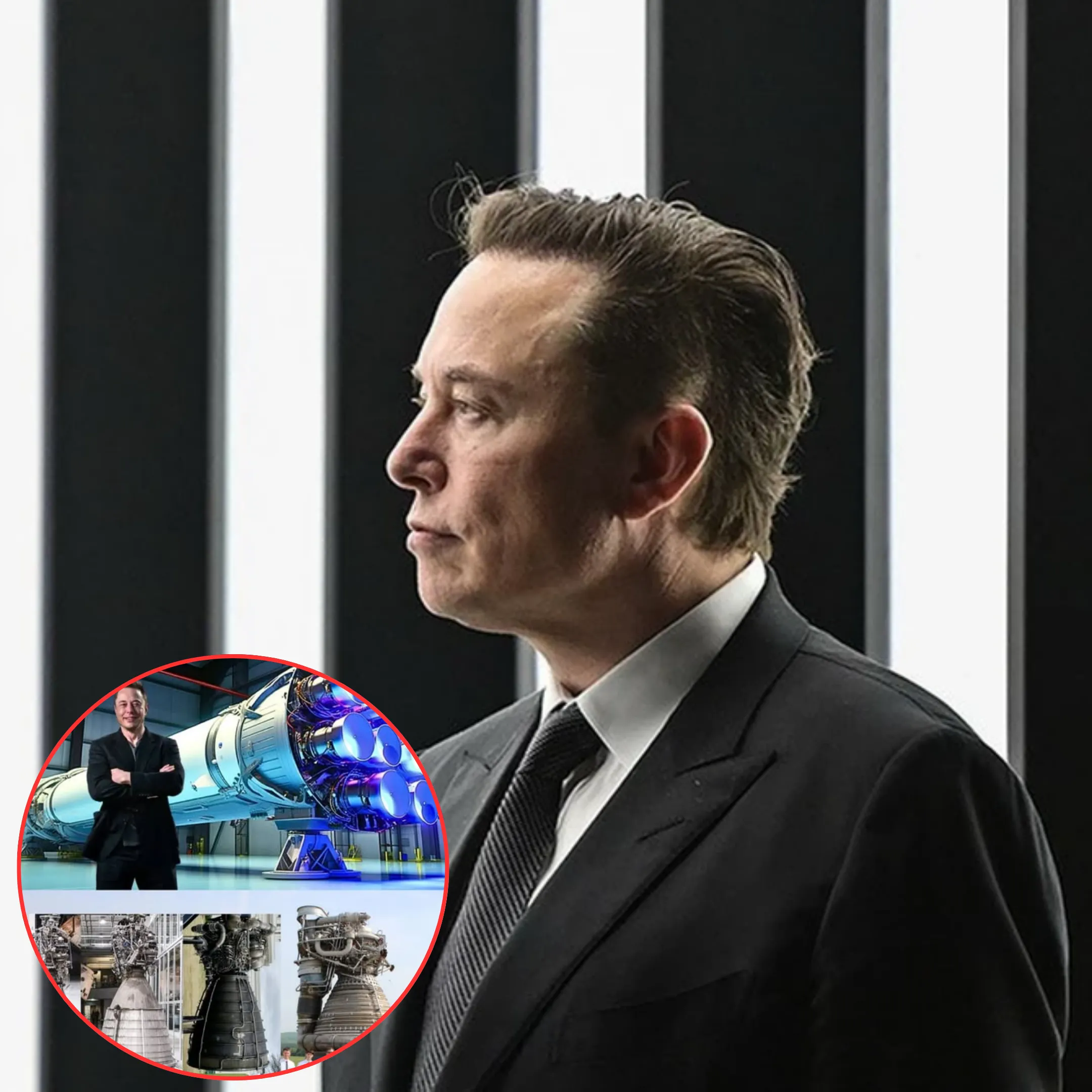
The tech world is bracing for the most explosive courtroom showdown in Silicon Valley history as Elon Musk, the world's richest man, prepares to bring OpenAI to trial in a lawsuit that could shake the very foundations of artificial intelligence. What began as a quiet disagreement over governance has now escalated into a full-blown war involving allegations of fraud, corporate betrayal, billions of dollars in damages, and a bitter battle over who truly owns the future of AI.
Musk’s $10 billion lawsuit against OpenAI and CEO Sam Altman has not only survived its first legal challenge but is now on track for a headline-grabbing trial set for March 2026. And if Musk gets his way, the case could dismantle OpenAI’s relationship with Microsoft, tear up billion-dollar licensing deals, and expose the inner workings of the world’s most powerful AI company.
The storm erupted when Judge Yvonne Gonzalez Rogers of the U.S. District Court for the Northern District of California ruled on May 2 that the case would proceed. OpenAI, which had filed a motion to dismiss the lawsuit, suffered a massive blow as the judge allowed the most damaging claims to move forward—including allegations that the company’s leaders intentionally misled Musk and the public in order to secure his early funding and support.
According to the court, Musk has "adequately alleged" that OpenAI's shift from nonprofit to for-profit status may have constituted a betrayal of the promises made to him and to the public. With the path now cleared for depositions, discovery, and a full jury trial, what was once a private feud has exploded into a public reckoning with enormous consequences.

Elon Musk is not just angry—he’s on a mission. He alleges that OpenAI, which he co-founded in 2015 with the goal of building safe and transparent artificial intelligence for humanity, has been hijacked by profit-driven interests who now serve shareholders and tech giants instead of the public. Musk contributed tens of millions of dollars to get the organization off the ground, provided credibility with his name, and helped attract top-tier talent.
But now, he claims, OpenAI has betrayed its founding charter by locking its most powerful models behind paywalls and cutting exclusive deals with Microsoft—deals that have turned the nonprofit research lab into what Musk describes as a “closed-source, for-profit satellite of Microsoft’s AI empire.”
At the core of Musk’s complaint is the assertion that OpenAI deliberately concealed its plans to become a capped-profit company while still soliciting nonprofit donations and public trust. By doing so, Musk argues, OpenAI secured his contributions under false pretenses—what he calls “fraud in the inducement.” The company’s later partnership with Microsoft, worth more than $13 billion, is portrayed as the ultimate betrayal: a backroom power grab that allowed Microsoft to take near-total control over the deployment and monetization of OpenAI’s most valuable assets, including the GPT model series.
The financial magnitude of this case cannot be overstated. Legal experts estimate that if Musk’s lawsuit succeeds, it could trigger damages, contract nullifications, and intellectual property disputes exceeding $10 billion. But even beyond the courtroom, the collateral damage could be historic.

Microsoft's AI roadmap—deeply reliant on OpenAI’s language models for Azure, Copilot, Office 365, and Bing—could face massive disruption. Industry analysts warn of ripple effects across global markets, investor panic, and an AI race thrown into chaos just as governments are beginning to draft the first wave of regulatory frameworks.
And then there’s the countersuit. OpenAI struck back last month with a blistering legal salvo of its own, accusing Musk of acting in bad faith to sabotage the company for personal gain. The company alleges that Musk voluntarily walked away from OpenAI’s leadership, launched a rival venture in xAI, and is now using the courts as a weapon to stifle a competitor.
They argue that Musk’s motives are not noble but strategic—an attempt to tear down the organization he no longer controls so he can claim the mantle of AI leadership unopposed. In their eyes, this is not a whistleblower fighting for justice—it’s a power move wrapped in righteous indignation.
The battle lines are now drawn between two competing visions of artificial intelligence. On one side, Musk, who portrays himself as a guardian of humanity’s future, pushing for transparency, safety, and public interest in AI development. On the other, OpenAI and its partners, who argue that significant funding and scale are required to compete globally and that their for-profit shift was a necessary evolution to attract capital, recruit talent, and ship cutting-edge products. It is a clash of philosophy, money, and egos the likes of which the tech world has never seen.
The court’s ruling to let the case proceed means the most sensitive elements of OpenAI’s internal decision-making could now be made public. Contracts, emails, financial statements, board minutes—everything could be up for scrutiny. Musk’s legal team is expected to subpoena communications between OpenAI executives and Microsoft, records of board deliberations about the shift to a for-profit model, and internal debates over the launch of GPT-4 and GPT-5, which critics say were kept secret and monetized in defiance of OpenAI’s original mission.
And there’s more. Musk is demanding not just damages, but structural remedies. He wants the OpenAI–Microsoft exclusivity agreement terminated. He wants access to all technology developed under the original nonprofit framework to be restored to public availability. He wants a full accounting of how OpenAI’s revenue has been used and who has profited from its transformation. In essence, he’s asking the courts to rewind the clock, dismantle OpenAI’s current structure, and restore the company to its original mission—or destroy it trying.
The case also puts Microsoft in the hot seat. With CEO Satya Nadella betting big on AI as the future of the company, the possibility of court-ordered disruptions to OpenAI’s product pipeline could derail Microsoft’s plans and cost shareholders billions. If the court rules that Microsoft colluded with OpenAI leadership to engineer a nonprofit-to-profit switch, the legal and reputational fallout could rival the antitrust wars of the early 2000s.
As the AI industry holds its breath, public opinion is becoming increasingly polarized. Supporters of Musk see him as a visionary trying to rescue AI from corporate capture. Detractors call him a billionaire opportunist using litigation as a means of vengeance. But both camps agree on one thing: the March 2026 trial could be the most important legal confrontation in the history of artificial intelligence.
In the meantime, Musk’s own AI venture, xAI, continues to gain traction. The company recently unveiled its own large language model and has been hiring aggressively. Observers suggest that the lawsuit, win or lose, could serve to damage OpenAI enough to tilt the competitive landscape in Musk’s favor. Whether that’s the true intent or a fortunate side effect is anyone’s guess.

One thing is certain: when the doors of the courtroom open in 2026, the world will be watching. This is no longer just a dispute between former colleagues. It’s a trial over what AI should be, who should control it, and how billions in funding, power, and influence should be regulated in an industry that could shape the fate of civilization.
What happens next may determine not just who wins in court—but who controls the future of intelligence itself.


-1747034518-q80.webp)

-1748324579-q80.webp)